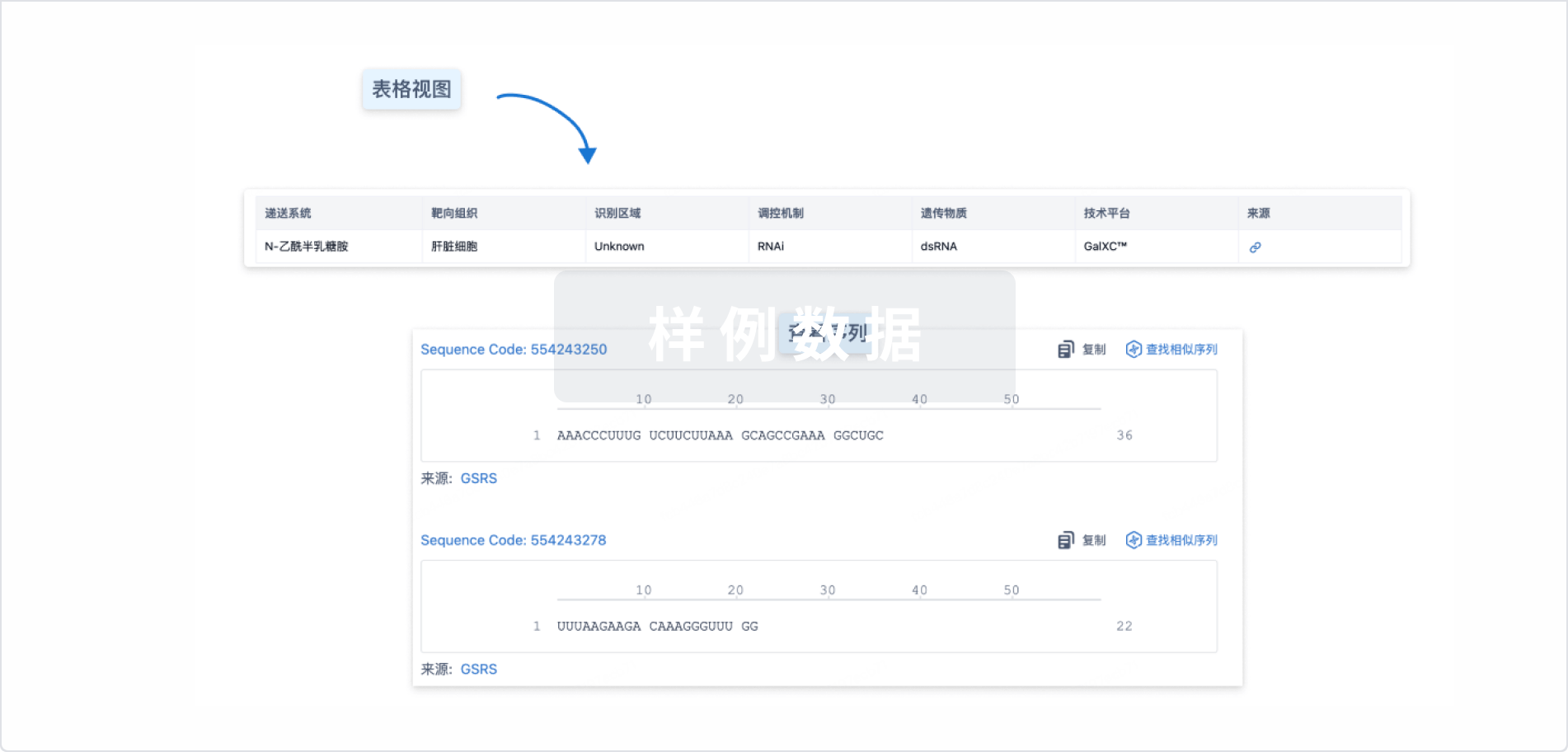PURPOSE:The study aimed to investigate whether astrocyte pyroptosis, and the subsequent neuroinflammatory response that exerts amyloid β (Aβ) neurotoxic effects, has an effect on endothelial cells, along with the underlying mechanisms.
METHODS:In vivo, 5 μL of disease venom was injected into the lateral ventricle of APP/PS1 mice for treatment. Pyroptosis was induced by treating astrocytes with Aβ42 in vitro. Small interfering RNA (siRNA) was used to silence caspase-1 and Gasdermin D (GSDMD) mRNA expression. Cell viability was determined using a CCK-8 detection kit. Scanning electron microscopy (SEM), Annexin V/propidium iodide (PI) double staining, RT-qPCR, immunofluorescence, western blotting, and enzyme-linked immunosorbent assay (ELISA) were used to detect cell pyroptosis. The degree of pathological damage to the brain and aortic tissue was assessed by hematoxylin-eosin staining and immunohistochemistry.
RESULTS:Aβ42 induced astrocyte pyroptosis dependent on the GSDMD/Gasdermin E (GSDME)/Caspase 11/NLRP3 pathway, releasing large amounts of inflammatory factors, such as TNF-α, IL-1α, IL-1β, and IL-18. Astrocyte pyroptosis caused endothelial cell dysfunction and release of large amounts of vasoconstrictors (ET and vWF). Knockdown of GSDMD reduced astrocyte pyroptosis in the cerebral cortex and hippocampal tissue, decreased the release of inflammatory factors IL-1 β and IL-18, reduced Aβ deposition and tau protein, increased the release of peripheral vasodilator substances (eNOS), and decreased the release of vasoconstrictor substances (ET, vWF), thereby reducing brain tissue damage and vascular injury in APP/PS1 mice.
CONCLUSION:Aβ42 induced astrocyte pyroptosis, while GSDMD knockout inhibited astrocyte pyroptosis, reduced the release of inflammatory factors, and alleviated brain tissue damage and vascular damage in APP/PS1 mice. Therefore, GSDMD is a novel therapeutic target for Alzheimer's disease.








